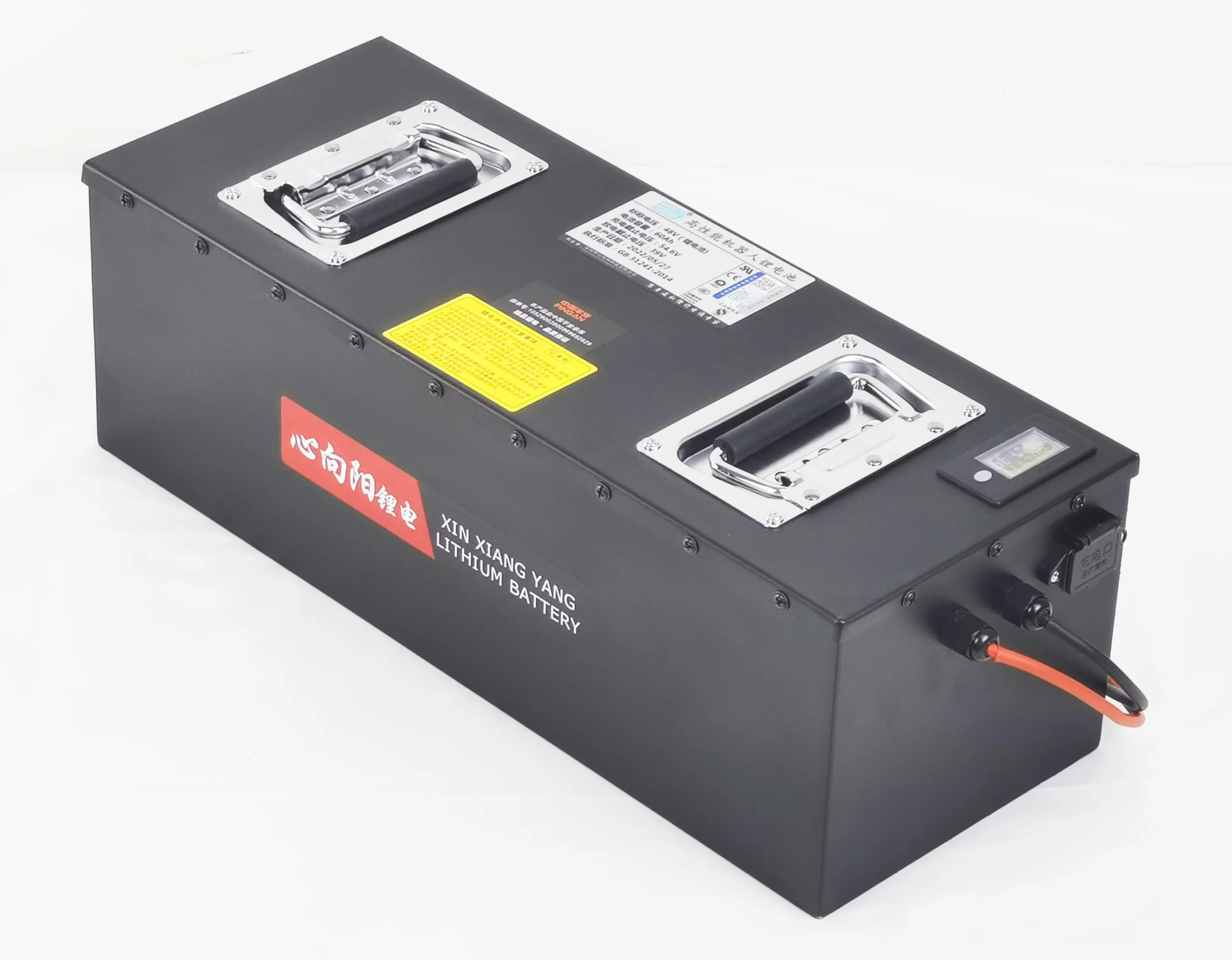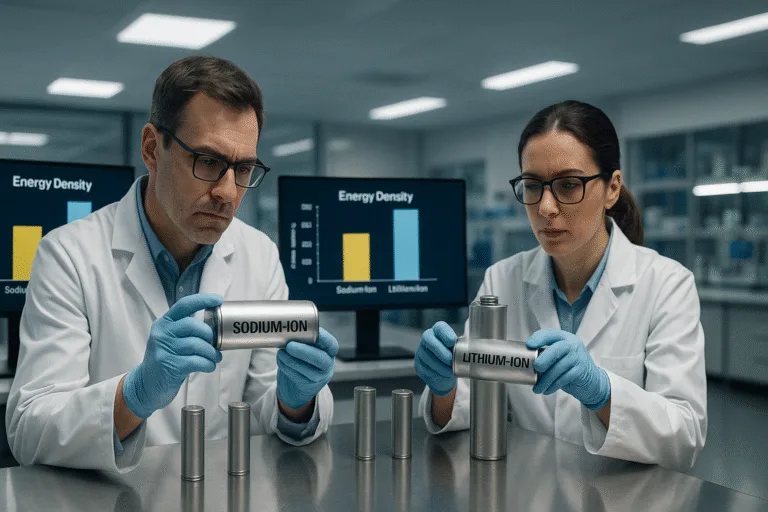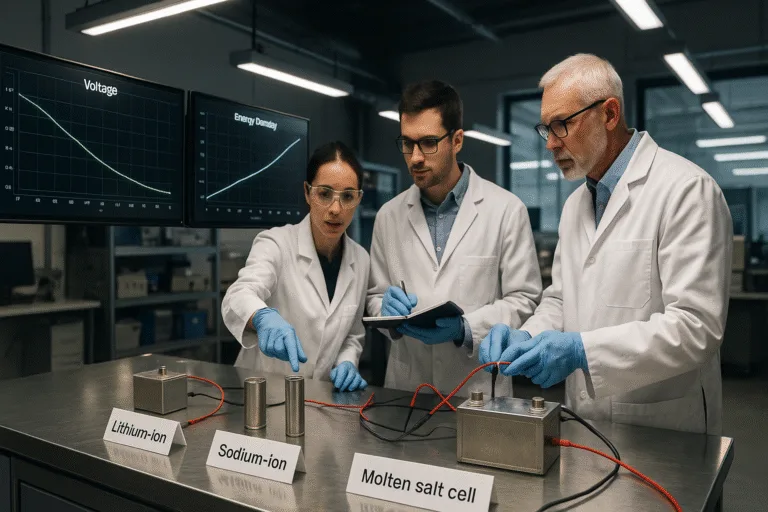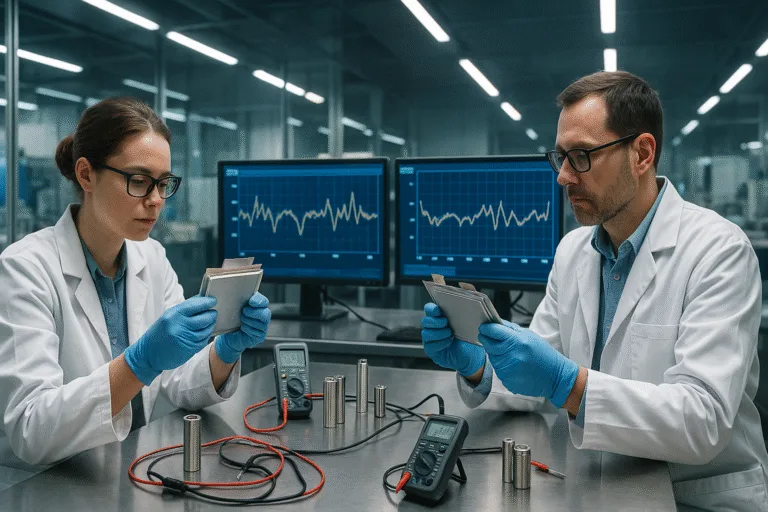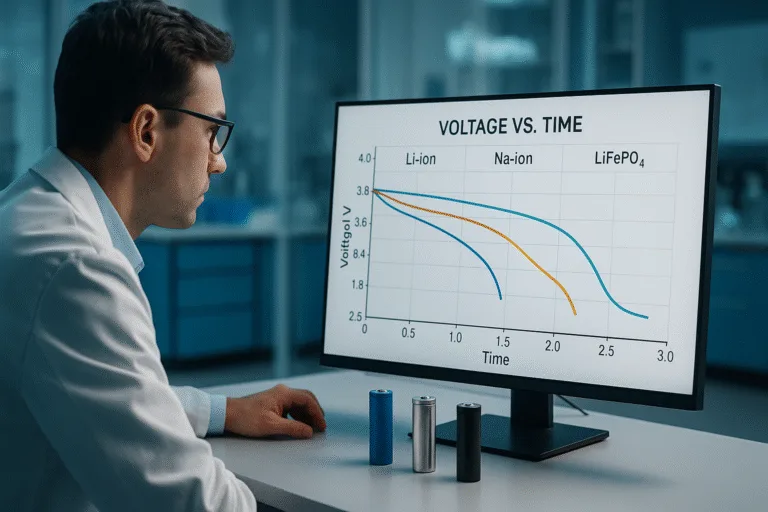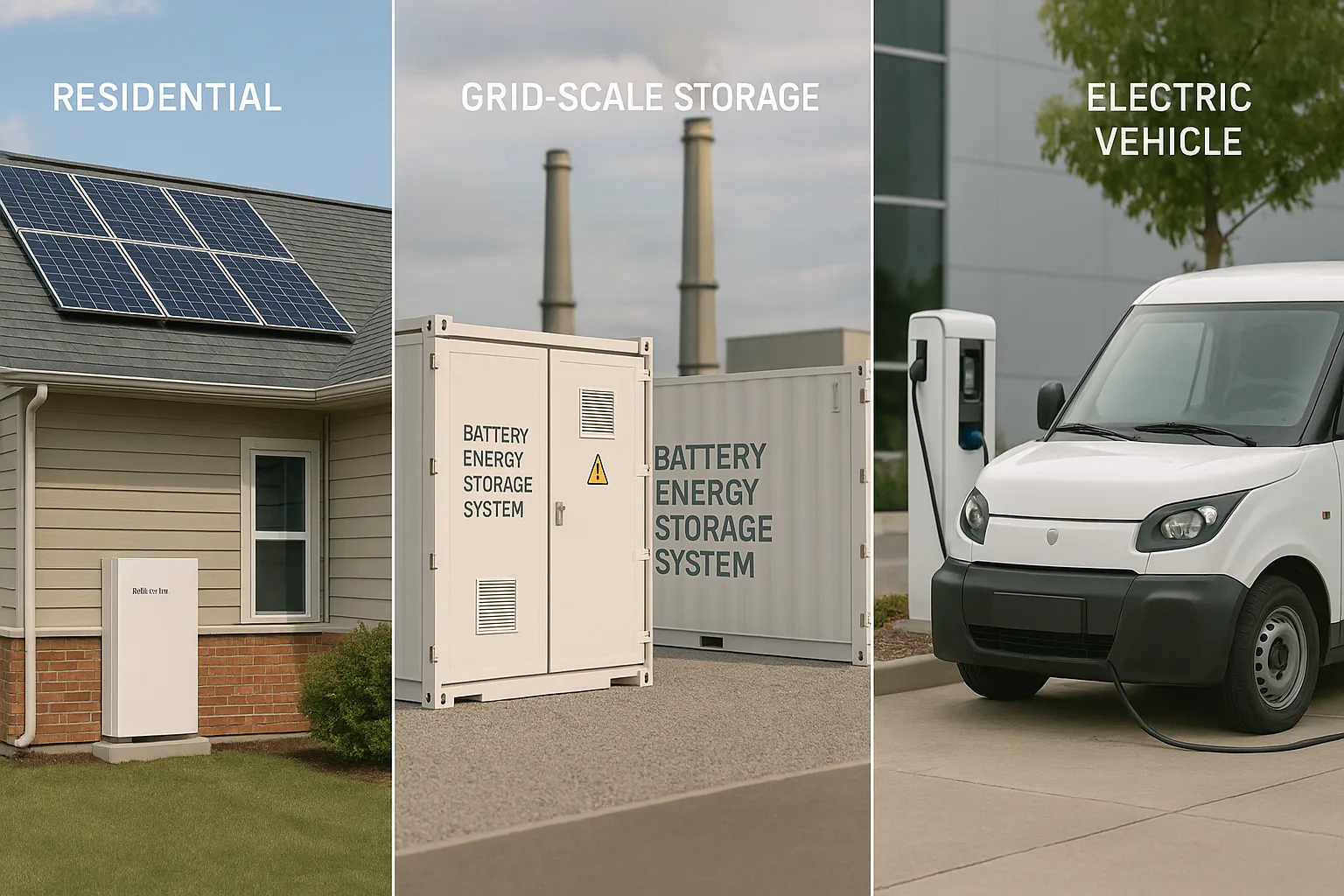
Wondering if sodium-ion batteries are practical for real-world applications? You’re not alone—many are curious about where these emerging batteries truly shine.
The main applications of sodium-ion batteries include grid-scale energy storage, renewable energy integration, backup power systems, and stationary storage solutions. They’re particularly valuable due to their cost-effectiveness and safety.
Having explored numerous battery types professionally, I’ve seen sodium-ion technology increasingly adopted in specific fields. Let’s dive deeper into these applications.
Are Sodium-Ion Batteries1 a Good Option for Home Solar Energy Systems?
Considering sodium-ion batteries for home solar storage? Here’s what you need to know.
Yes, sodium-ion batteries are excellent for home solar energy systems2 due to their safety3, cost-effective4ness, and environmental friendliness. However, they currently require more space because of lower energy density5 compared to lithium-ion.
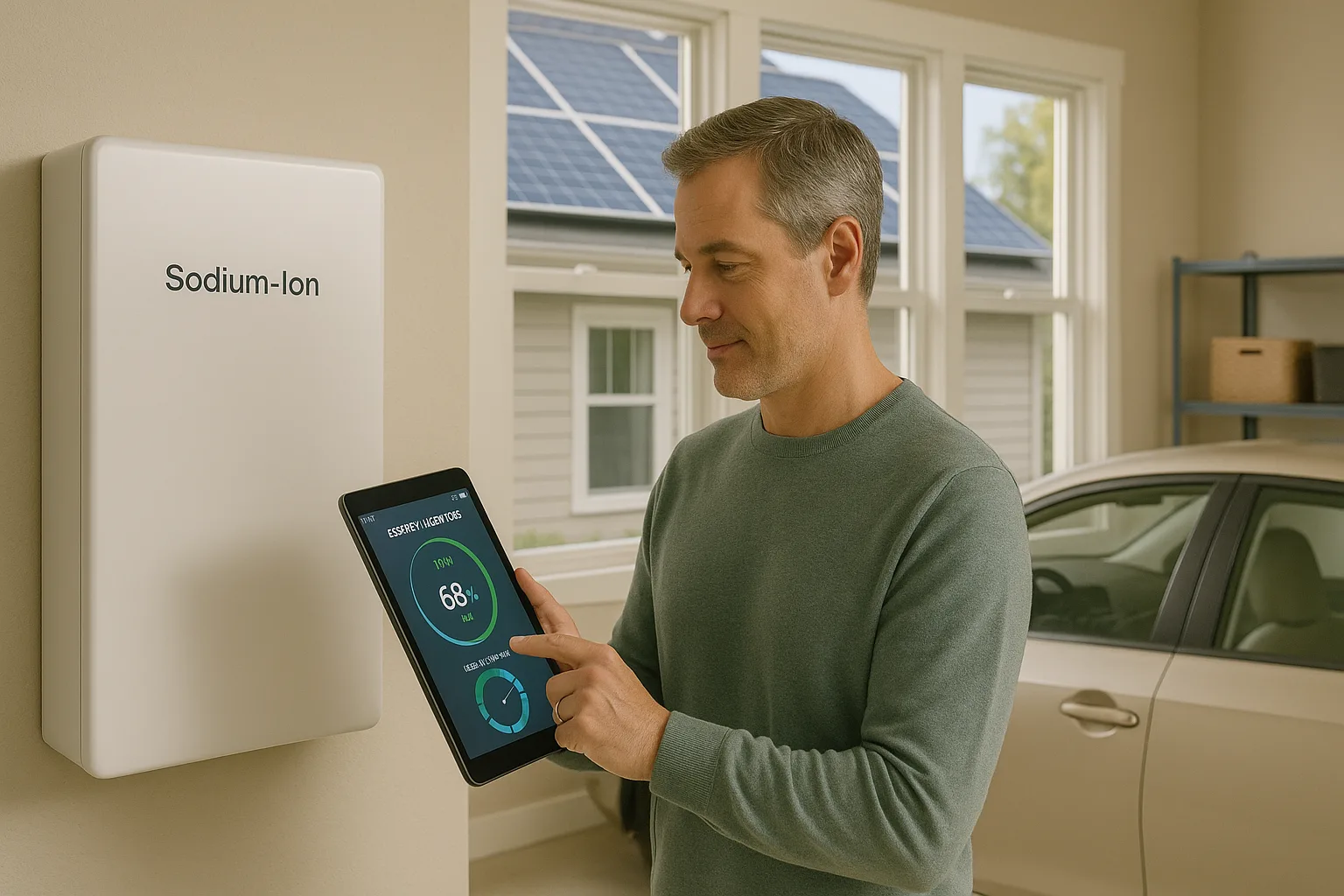
Benefits for Home Solar Systems
Here’s why sodium-ion batteries can be suitable for residential solar:
- Safety: Lower fire risks make them ideal for home environments.
- Cost-Effective: Lower long-term costs due to abundant and inexpensive materials.
- Sustainability: Environmentally friendly, easily recyclable materials.
| Home Solar Factor | Sodium-Ion Battery Benefits |
|---|---|
| Safety | Reduced risk of fires |
| Long-term Cost | Affordable maintenance and replacement |
| Environmental Impact | Better sustainability6 and recyclability |
Though slightly larger, their safety3 and cost benefits often outweigh the space requirements.
Are Sodium-Ion Batteries Used in Electric Vehicles (EVs)?
Curious if sodium-ion batteries currently power electric vehicles?
Currently, sodium-ion batteries are rarely used in electric vehicles due to their lower energy density, resulting in larger, heavier battery packs. However, they’re being actively researched for potential use in future EVs.

Sodium-Ion Batteries in EVs
Here’s why sodium-ion batteries aren’t widely adopted yet in EVs:
- Energy Density Concerns: Lower energy density limits driving range compared to lithium-ion.
- Vehicle Weight and Space: Larger and heavier batteries negatively impact vehicle performance.
However, research is ongoing, and improved sodium-ion chemistries could address these concerns:
| EV Battery Requirements | Sodium-Ion Current Status |
|---|---|
| High Energy Density | Currently lower |
| Lightweight | Heavier battery packs |
| Long Driving Range | Currently limited range |
Future advancements might see sodium-ion batteries complementing or partially replacing lithium-ion in EVs.
Can Sodium-Ion Batteries Be Used for Grid-Scale Energy Storage?
Looking at sodium-ion for large-scale energy storage? You’re considering the right battery type.
Yes, sodium-ion batteries are highly suitable for grid-scale energy storage7. Their affordability, abundant materials, and safety make them an excellent choice for large-scale renewable energy storage projects.
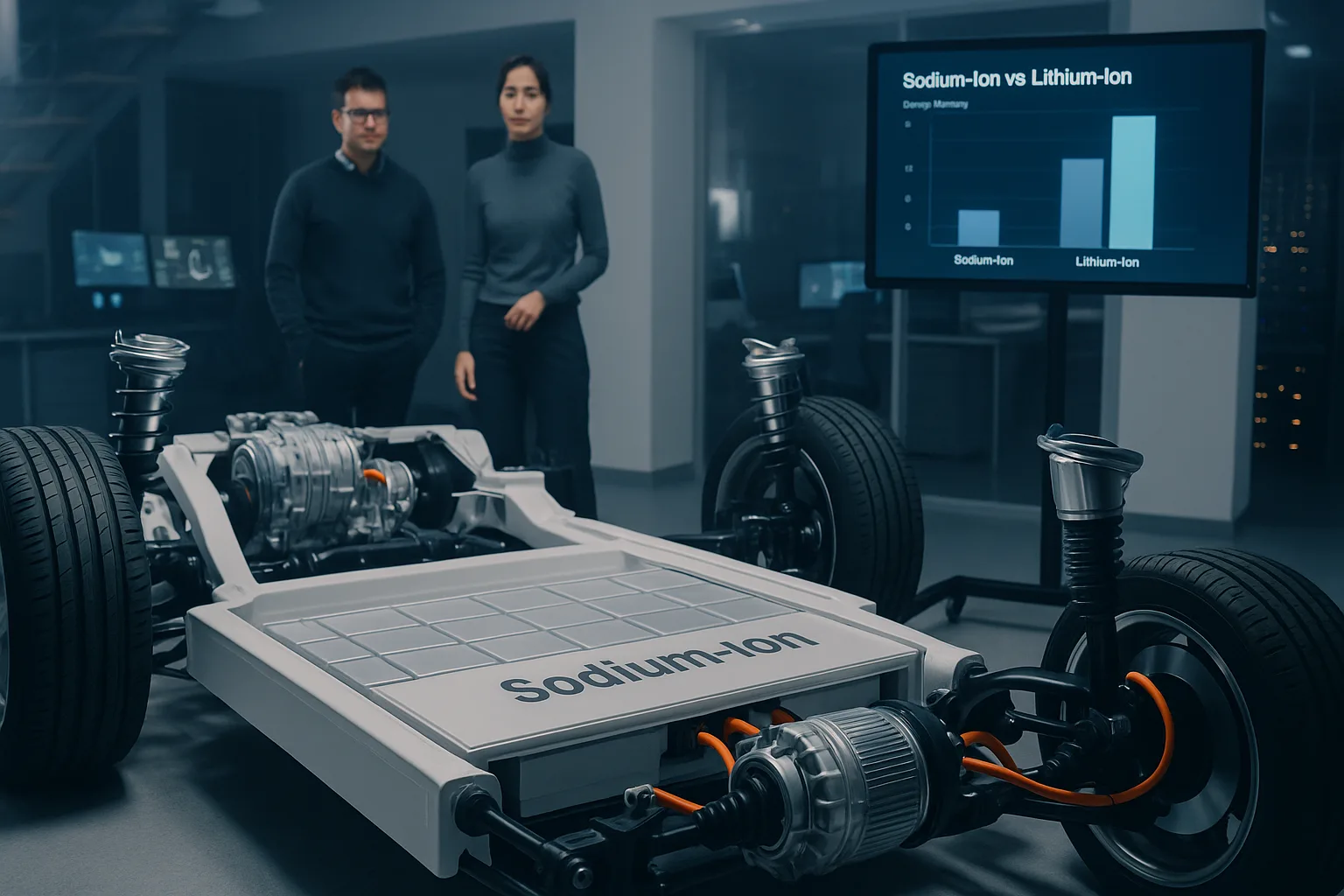
Grid-Scale Storage Advantages
Grid-scale storage is a perfect fit for sodium-ion batteries, offering several advantages:
- Cost-Efficiency: Lower materials costs make large installations economically viable.
- Scalability: Easier to scale up due to abundant materials and simpler logistics.
- Enhanced Safety: Reduced thermal runaway risks enhance safety in densely populated areas.
| Grid-Scale Requirement | Sodium-Ion Advantage |
|---|---|
| Cost-Efficient Storage | Lower initial and long-term costs |
| Easy Scalability | Simple to scale due to abundant resources |
| Safety and Stability | Minimal fire and explosion risks |
Grid-scale storage remains one of the strongest application cases for sodium-ion technology.
Is Sodium-Ion Technology Suitable for Powering Cars?
Wondering if sodium-ion batteries could soon be suitable for powering everyday cars?
Currently, sodium-ion technology isn’t ideal for powering standard cars due to its lower energy density and heavier weight. However, it’s promising for short-range or specialized electric vehicles if battery performance improves.
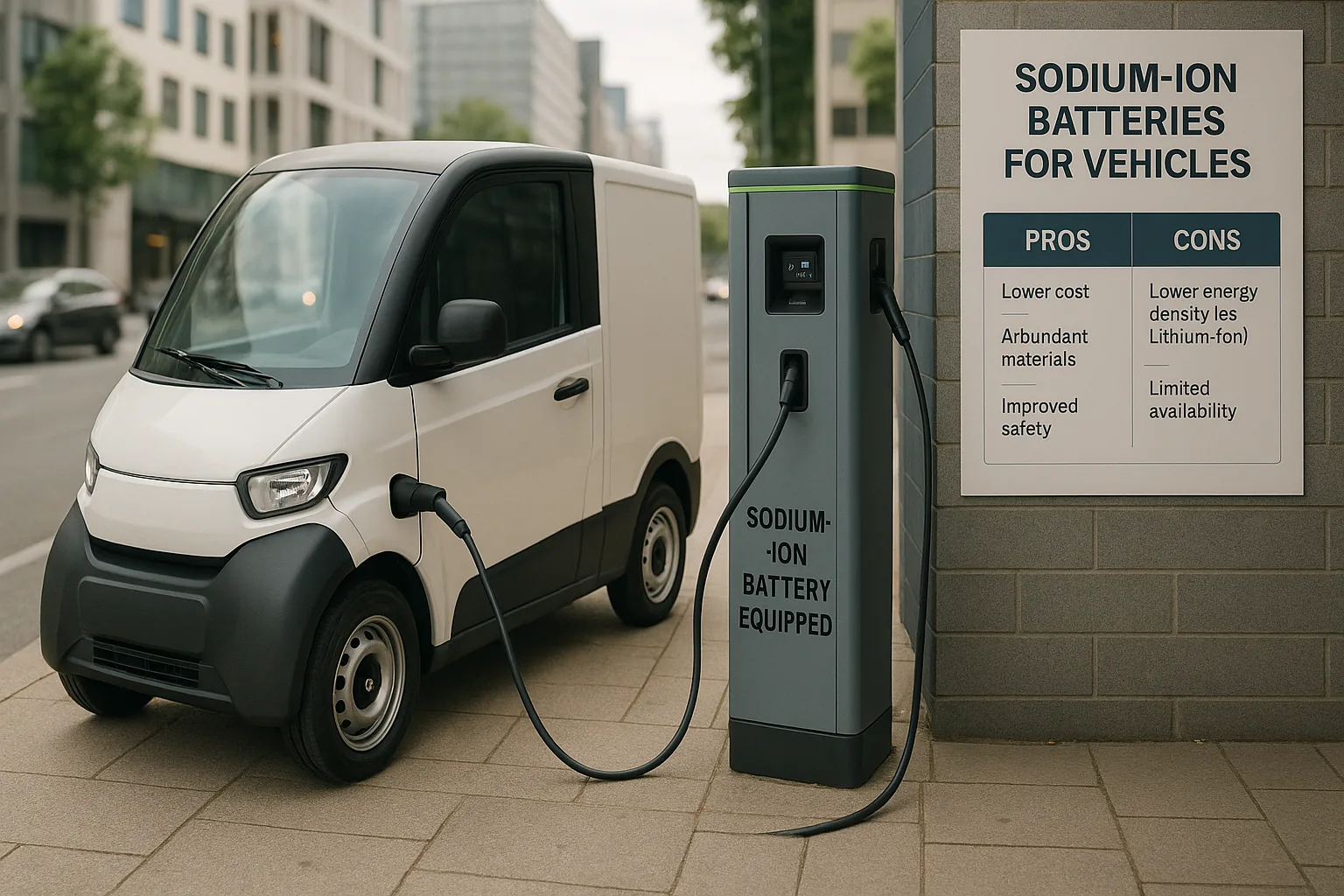
Suitability for Car Applications
Here’s a straightforward evaluation of sodium-ion batteries for automotive use:
- Pros: Cost-effective, sustainable, and safer battery solution.
- Cons: Lower energy density and increased vehicle weight limit practical automotive applications8 today.
| Automotive Requirement | Sodium-Ion Capability |
|---|---|
| Driving Range | Currently limited (lower energy density) |
| Battery Weight | Heavier, impacting efficiency |
| Safety and Cost | Excellent |
Advancements in sodium-ion chemistry could eventually address these constraints, making them viable in specific automotive niches.
Conclusion
Sodium-ion batteries offer valuable advantages for stationary storage, home solar systems, and grid-scale energy storage7, despite current limitations in EV applications. Understanding their strengths and limitations clarifies their best practical uses.
-
Explore the benefits of sodium-ion batteries for home solar systems, including safety and cost-effectiveness. ↩
-
Learn how sodium-ion batteries can enhance the efficiency of home solar energy systems. ↩
-
Explore the safety features of sodium-ion batteries that make them suitable for various applications. ↩ ↩
-
Discover the factors that contribute to the cost-effectiveness of sodium-ion batteries. ↩
-
Understanding energy density is crucial for evaluating battery performance in various applications. ↩
-
Learn about the sustainable aspects of sodium-ion batteries and their role in renewable energy. ↩
-
Find out how sodium-ion batteries can revolutionize grid-scale energy storage solutions. ↩ ↩
-
Understand the limitations of sodium-ion batteries in automotive use and potential future improvements. ↩

